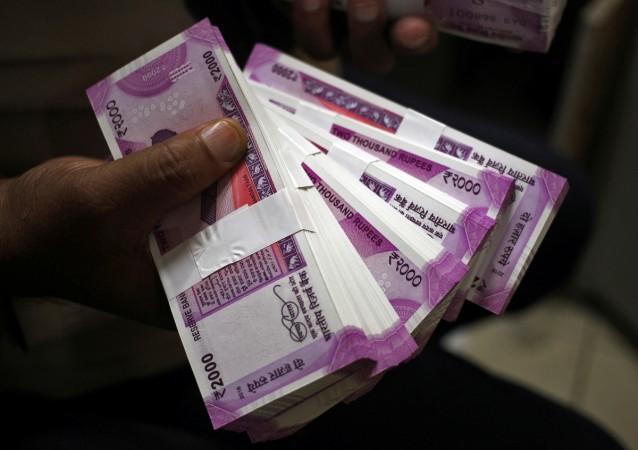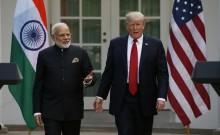
Banks are known for insisting on KYC (know your customer) norms before opening accounts so that they can trace the customer in case of suspicious transactions. Yet, how come Rs 90 crore deposited in a bank account in a single day did not raise eyebrows of bankers, asks Visakhapatnam top cop.
"How can such huge amount of cash deposit go unnoticed or unquestioned by the bankers," Visakhapatnam Commissioner of Police T Yoganand asked, while sharing details of a Rs 1,600 crore money laundering case, the Hindu reported.
Besides, Rs 800 crore was remitted outside India from a bank account at a public sector bank in Kolkata.
He was referring to a money laundering case involving huge remittances to Hong Kong, Singapore and China through a network of 12 shell companies and 30 fictitious bank accounts operated from Visakhapatnam, Hyderabad, Kolkata and other places.
The prime accused in the case, Vaddi Mahesh, was arrested on Sunday at the Visakhapatnam airport.
Last Saturday, Visakhapatnam City Deputy Commissioner of Police Naveen Gulati had shared details of money laundering at a news conference wherein he had mentioned Vaddi Mahesh, his father Vaddi Srinivas Rao and two others as persons behind the crime.
New agency IANS had reported that out of the Rs 680 crore deposited in bank accounts in India, Rs 569 crore was remitted outside to five foreign companies in China, Singapore and Hong Kong.
"The total transaction is fraud and the money was sent without paying tax and by producing fake certificates," the agency quoted Gulati as saying.
Police came to know about the racket after income tax authorities lodged a complaint against the accused. Initial probe by police revealed that foreign remittances were meant for buying customised software though such imports never took place.
The persons involved in the racket had roped in two Kolkata-based chartered accountants — Prasanta Kumar Roy Barman and Praveen Kumar Jha — who were instrumental in giving fake certificates and invoices that were then submitted to the banks.
"Prima facie, it is black money and it appears to be a hawala like transaction," Gulati had said on Saturday.
It may be recalled that banks were asked to step up surveillance and report high-value transactions post demonetisation of Rs 500 and Rs 1,000 currency notes, resulting in 2,400 public sector branches reporting suspicious transactions in November and December last year. Most of them were reported from Uttar Pradesh, Madhya Pradesh, Rajasthan and West Bengal.
The department had classified any transaction above Rs 2.5 lakh by an individual as "high value".
As a follow-up step, the income tax department had identified 18 lakh transactions for scrutiny as part of "Operation Clean Money".
In a related development, the finance ministry said that a new website "Operation Clean Money" will be launced by Arun Jaitley in New Delhi on Tuesday.
The Union Finance Minister Shri @arunjaitley will launch a new website 'Operation Clean Money" in national capital today(16th May,2017).
— Ministry of Finance (@FinMinIndia) May 16, 2017

















